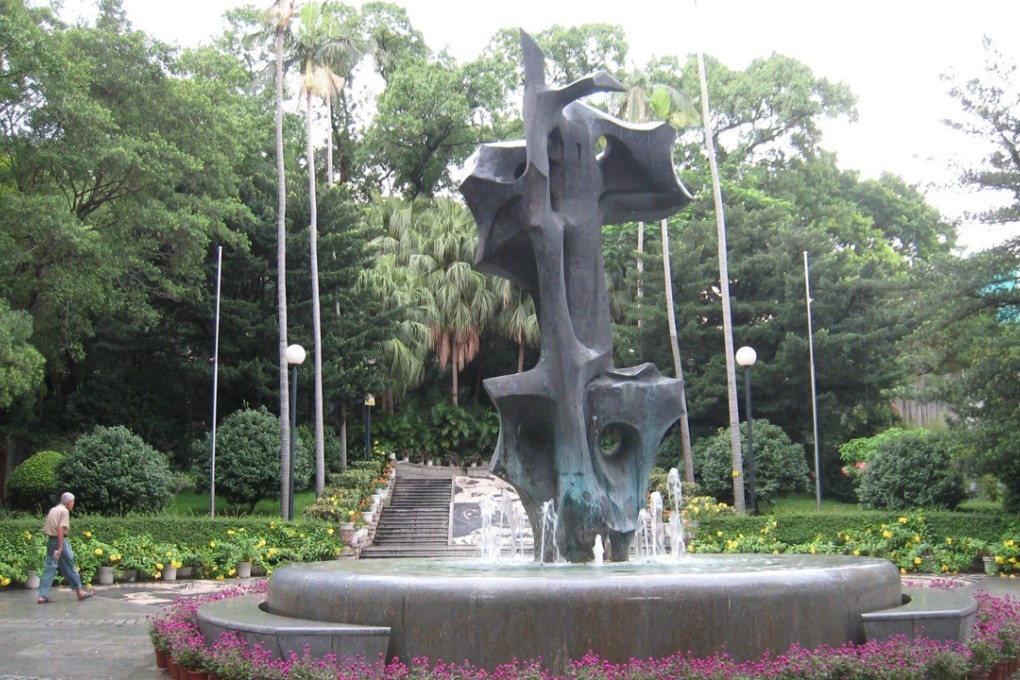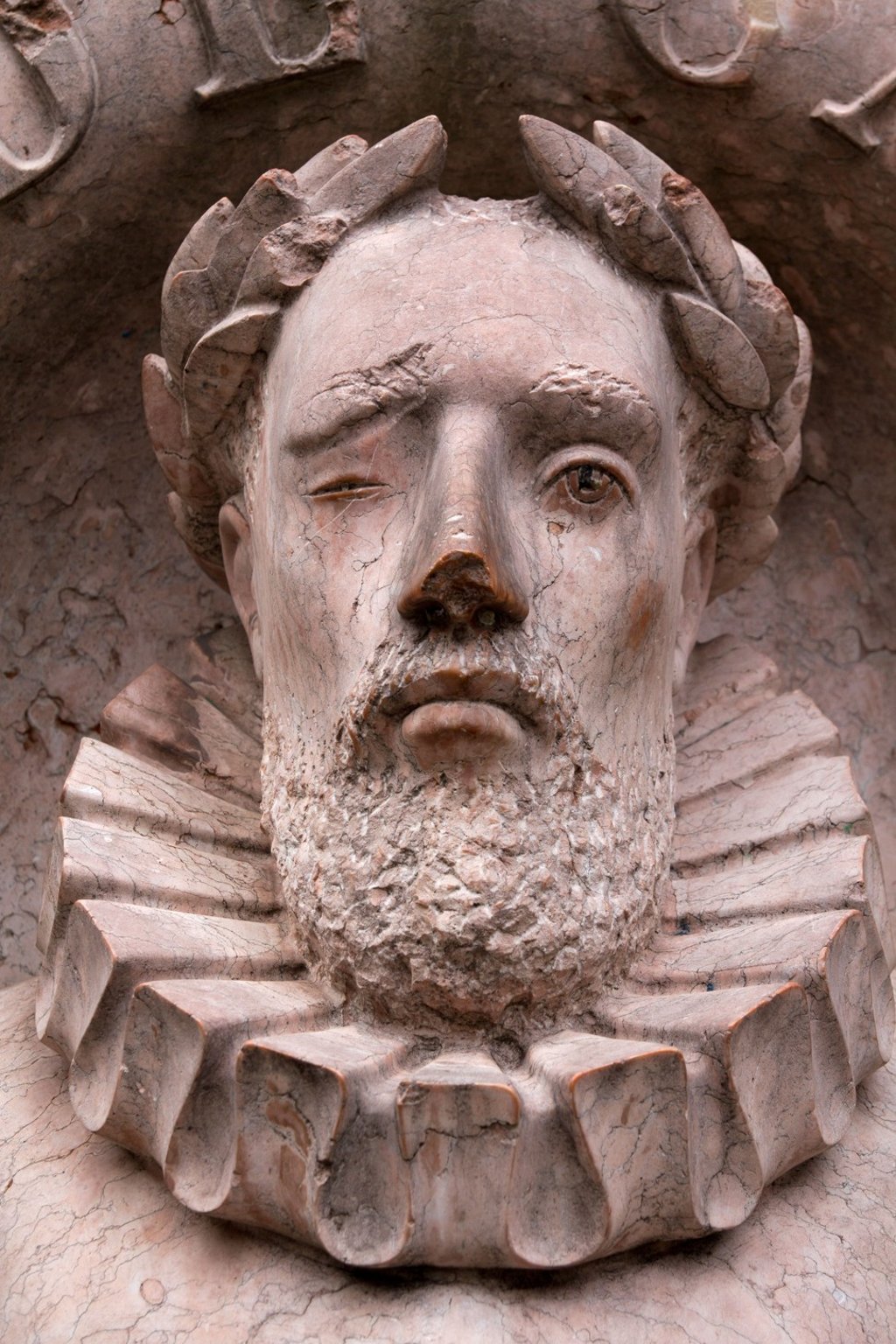Why China’s friendship with Portugal is signified by Luís de Camões, a poet exiled three times by his motherland
Luís de Camões, a Portuguese national icon who during his third exile was sent to Macau, wrote one of his most famous poems there and is believed to have lived in a grotto located where a Macau park that bears his name now stands

Across town from the palatial hotels and casinos on Macau’s Cotai Strip is a quiet park that offers clues to a time long before the city became a gambling mecca.
Camões Garden is located opposite St Anthony’s Church. In it is the home of the late wealthy Portuguese merchant Manuel Pereira, which now hosts art exhibitions.
Macau-based author on his love affair with art history
The park is named after Luís de Camões, who it is believed also lived at the site. But who was Camões and what is his connection to Macau, the former Portuguese enclave that is now a semi-autonomous city on the southern coast of China?
Camões was a Portuguese soldier turned poet who today is regarded as an important symbol of Portugal. The anniversary of his death in 1580, on June 10, is observed as the country’s national day.
Over the month of June, Portuguese communities worldwide celebrate Camões through a series of cultural events. In Macau alone, “Month of Portugal” – co-organised by the Portuguese consulate and Lusophone associations – hosts around 25 activities.
